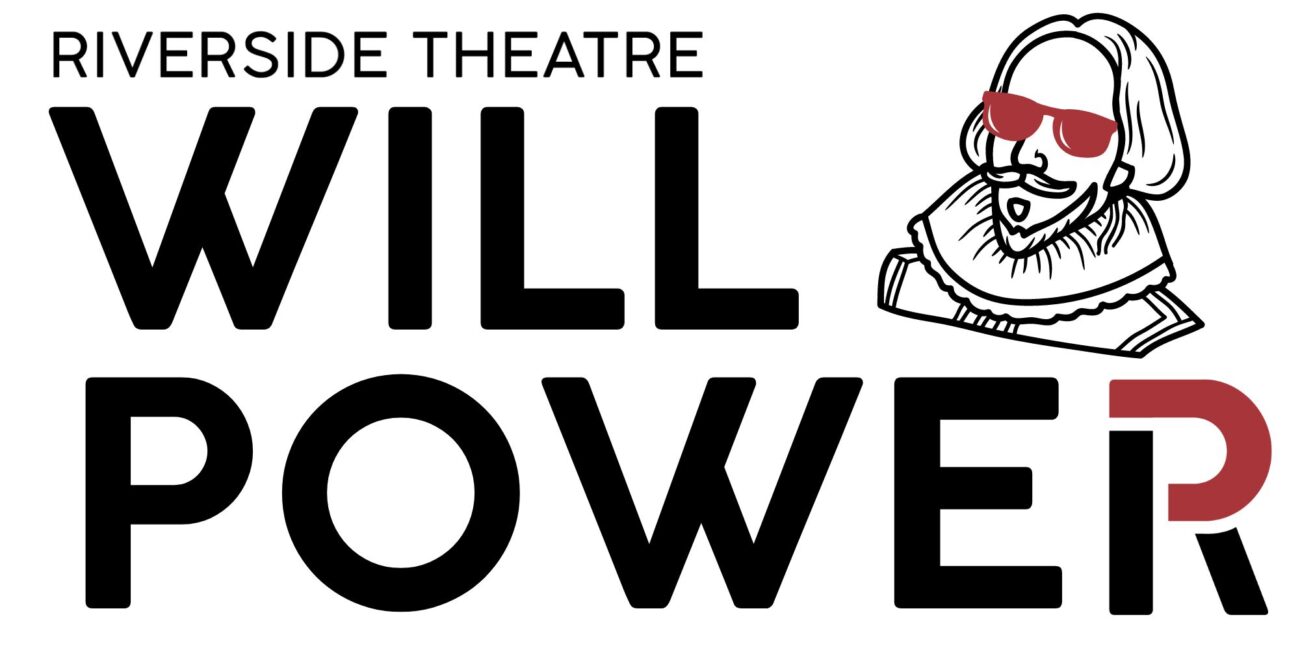
Riverside Theatre’s Will Power Program pairs teaching artists with classroom teachers to bring Shakespeare to life for students in our community. Working with teachers to schedule workshops to run in sync with when they are already teaching Shakespeare in their classrooms makes this program both engaging and relevant. Learn more about what Will Power workshops look like in the classroom, the principles that underly all of our curriculum, and to read real-life testimonials from past students & teachers below!
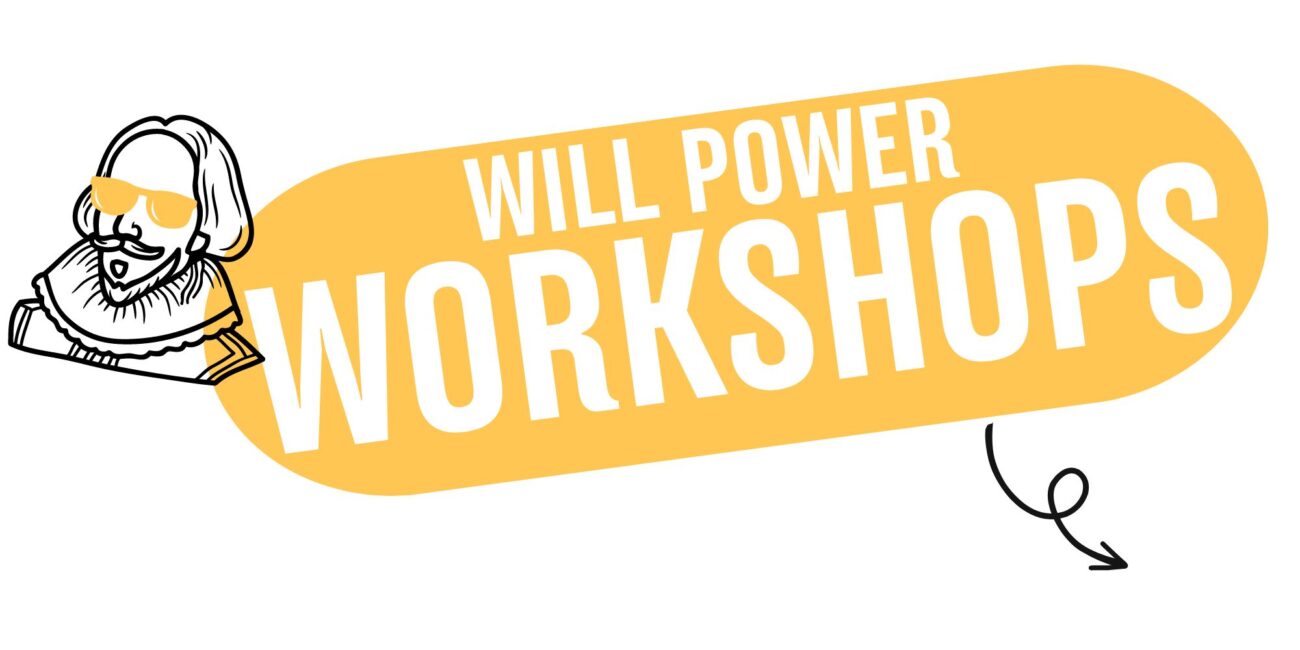
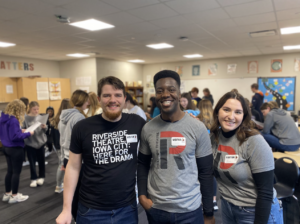
Riverside Theatre’s Will Power workshops can be tailored to any Shakespeare play you are teaching in your classroom and can be fit into almost any moment in these plays (although even we would admit some scenes in Shakespeare’s plays are a bit more exciting than others).
All workshops involve getting students up on their feet, using their bodies and voices (to the best of their abilities) to speak Shakespeare’s words and get the feel of bringing his character’s experiences to life. They start by exploring what it means to be an actor, how emotion and physicality can change the way we understand what words mean. Then we break apart one scene, with every student in the class playing a role in bringing that scene to life in small groups. With the guidance of teaching artists, and through collaboration with their peers, students end with a full-class Socratice performance of that scene (we discuss as we go).
Interested in seeing a sample workshop lesson plan – reach out to Director of Outreach & Education, Kathleen Johnson, for more information!
Will Power workshops are about process, not performance. We are not here to create or find the next great Shakespearean performer. We are here to get Shakespeare’s words into every students’ mouths. We are here to help students feel like they can connect his characters and themes with the world around them. We are here to help every student feel a sense of agency when entering the world of Shakespeare.
To achieve this, we root our curriculum development in drama-based pedagogy & the Folger model of teaching Shakespeare.
WHAT IS DRAMA BASED PEDAGOGY? Drama-Based Pedagogy uses active & dramatic approaches to engage students in academic, affective, and aesthetic learning through meaning-making that happens via conversation (Dawson & Lee, 2018). DBP Focuses on the process and approach to how students learn and engage…rather than the final product. According to research, DBP Learning Experiences should include: Some way for students to embody their learning, a narrative for students to explore (individually or as a collective), and moments when students are using their imaginations.
WHO IS FOLGER? The Folger Shakespeare Library is the world’s largest Shakespeare collection, the ultimate resource for exploring Shakespeare and his world. They are also committed to developing educational resources and practices that help students understand Shakespeare’s works.
WHAT IS THEIR METHOD? The Folger Shakespeare method believes that Shakespeare’s language is not a barrier, but a portal and that all student’s deserve the real thing. Understanding and engaging with primary source materials allow students to have honest conversations about the hard questions raised in the plays. They believe that every single student can learn this way, and every teacher can teach this way. They urge us to take Shakespeare off the pedestal and move him to a space where he can talk to everyday people…and other great writers. They encourage students and teachers to throw out themes, tidy explanations, the idea of a single right interpretation and remind us that the teacher is not the connector or explainer but rather the architect who sets up interactions through which your students and Shakespeare discover each other. Finally, they demand that we amplify the voice of every single student and ignite their excitement for literature.
They believe this…and so do we.
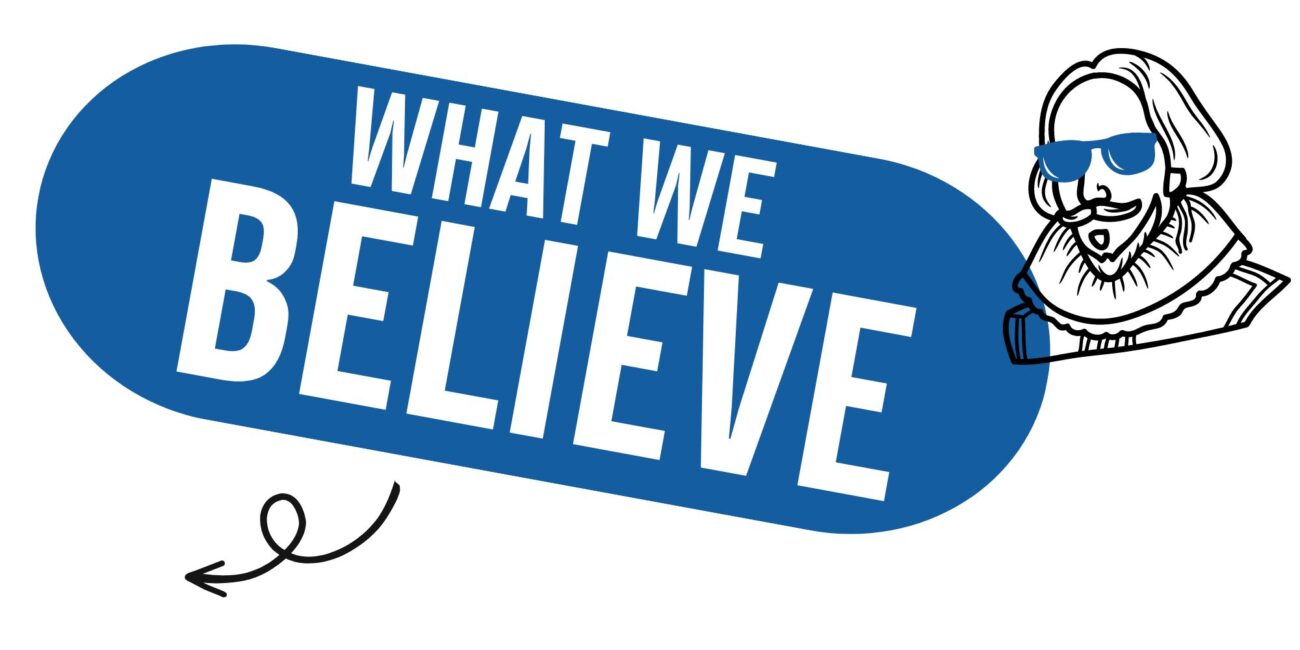
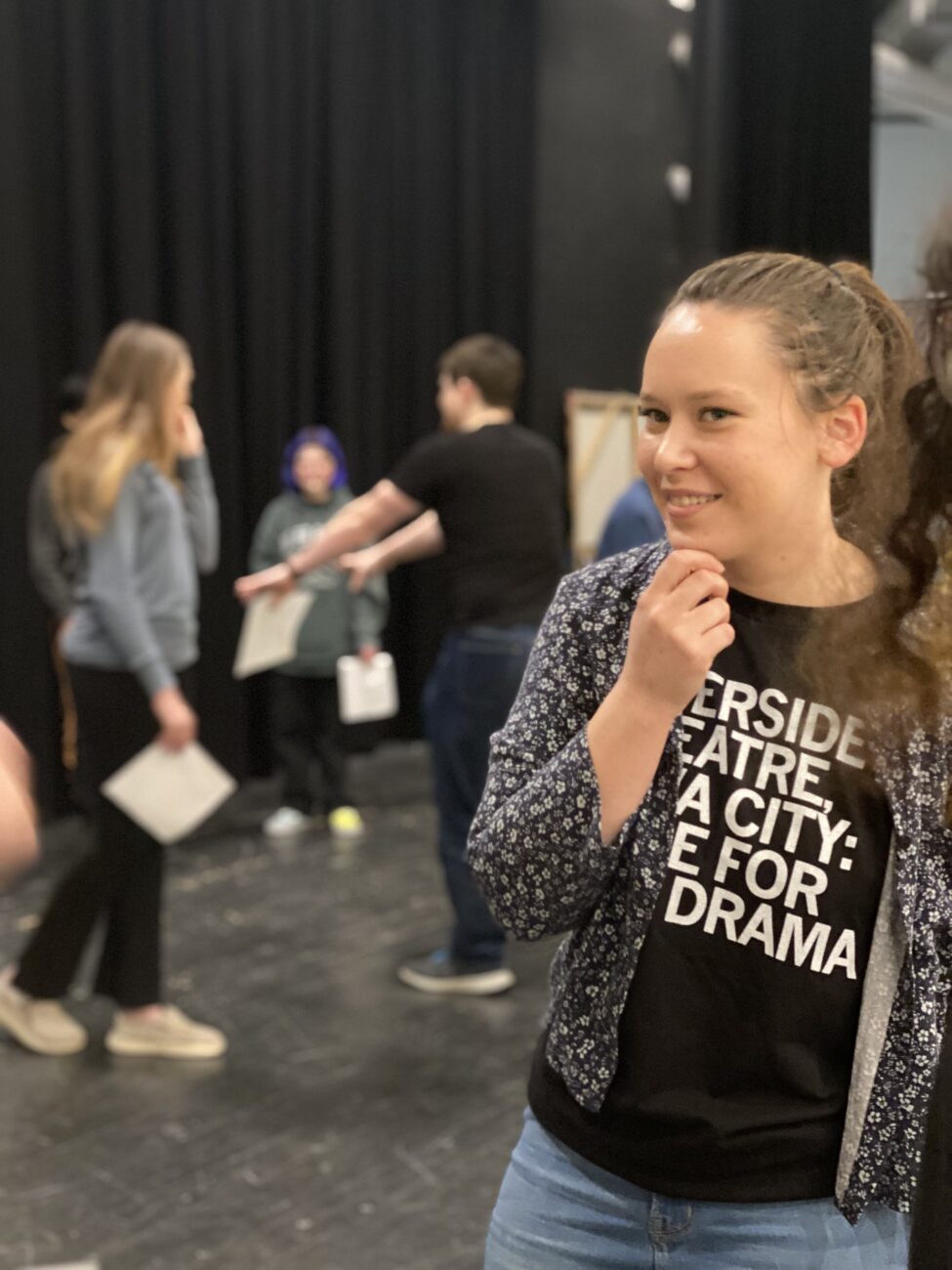
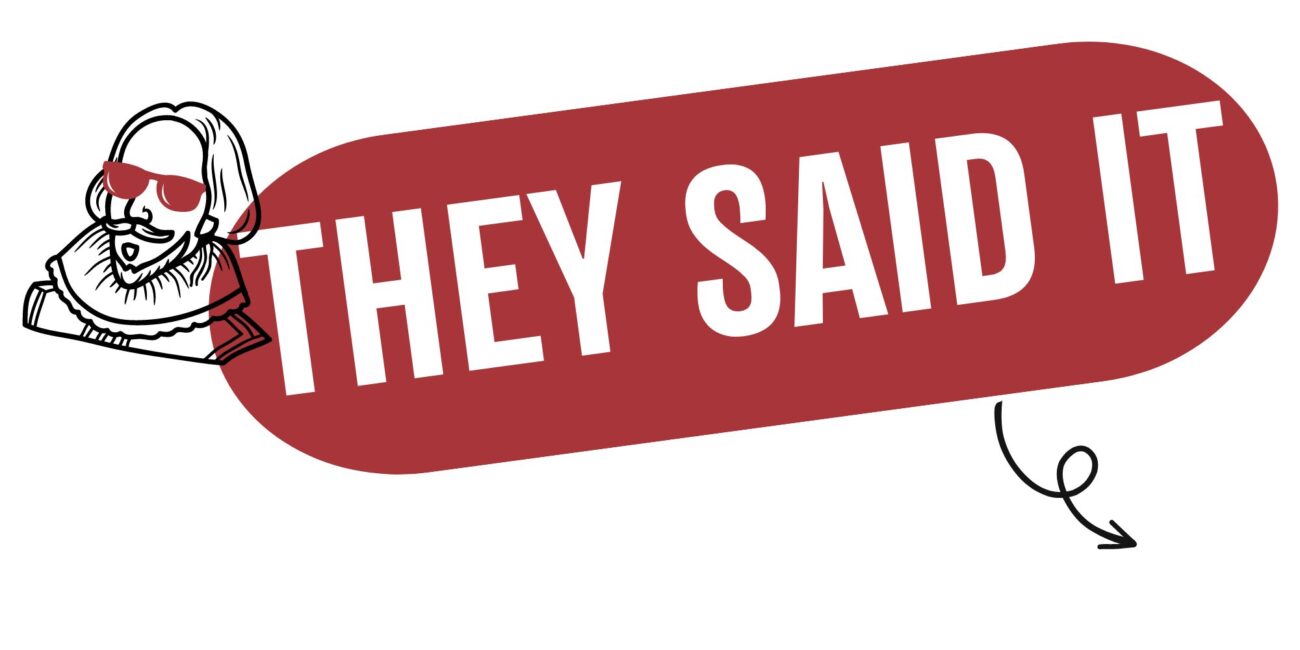
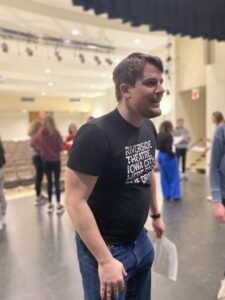
“It helped me with understanding the play, and realizing there are deeper meanings in the play.” – Student
“There was one student who, I swear, hadn’t said two words for the first half of the year…and he was the one volunteering to read first in front of the group.” – Teacher
“It made Romeo and Juliet seem a lot more fun and the activities made it easier to understand/keep up with.” – Student
“I felt like the teaching artists really enjoyed spending time with my students, like they wanted to be there with them in the classroom.” – Teacher
“I liked how we were able to read through the scenes multiple times to really understand them and get used to them.” – Student
“I’ve had my students act out the play before, but this was totally different. I got to see my students in a completely new way.” – Teacher
“ I liked being able to kinda get out of our comfort zones” – Student
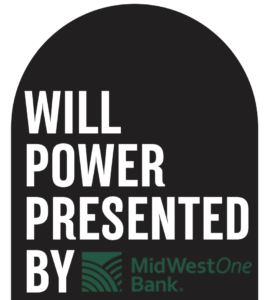
Thanks to generous funding by MidWestOne Bank – Will Power is available at no cost to schools. MidWestOne Bank is proud to be a funding sponsor for Will Power and is pleased to lend continued support. At MidWestOne we believe in supporting local events that positively impact the community. It is important to raise our children with the opportunity to explore new ideas and discover new dreams.


To learn more and schedule your classroom workshop – please contact Riverside’s Director of Outreach & Education, Kathleen Johnson